Shipping pallets are employed to support and stabilize any goods being transported. They are a crucial component of the logistics and supply chain sector, and numerous organizations control their sizes and sanitation. Plastics, wood, metal, and paper are materials frequently used to make shipping pallets. Read More…
TMF Corporation manufactures and supplies the Protech 4048 heavy duty plastic pallet. With inventory on hand, we have the ability quickly deliver and pallets we have in stock, including the FM approved Protech 4048 with color options, four-way entry and more.
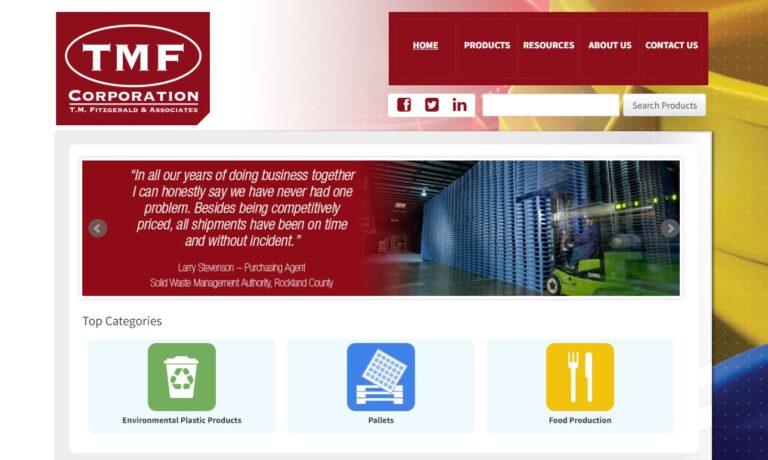
At Premier Handling Solutions, we provide warehouse equipment solutions that improve overall productivity, safety and speed throughout the manufacturing, warehousing, distribution, consumption, storage and disposal process. Browse our selection of pallets, inverters, tippers, wire containers, and pallet dispensers to find the perfect product for your application.
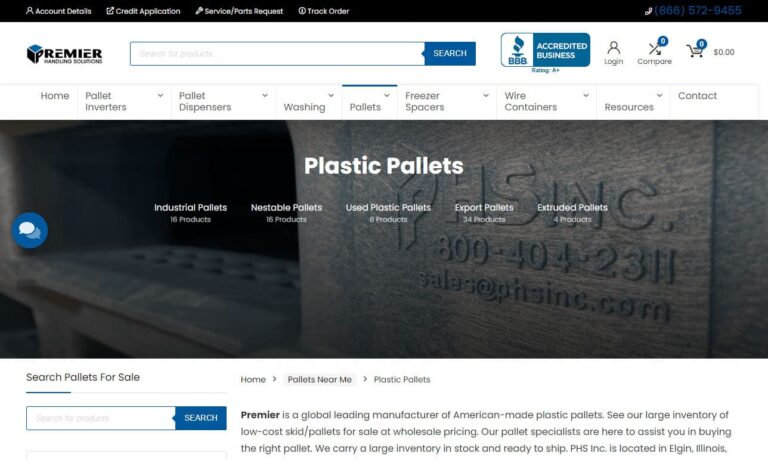
At Peninsula Plastics, you can find high-performance, vacuum-formed reusable plastic pallets for maximum strength and durability. Our economical twin-sheet & single-sheet pallets feature nestable and stackable models, large load capacity, many sizes, guaranteed acceptance at all ports, use in demanding applications, and with automated systems.
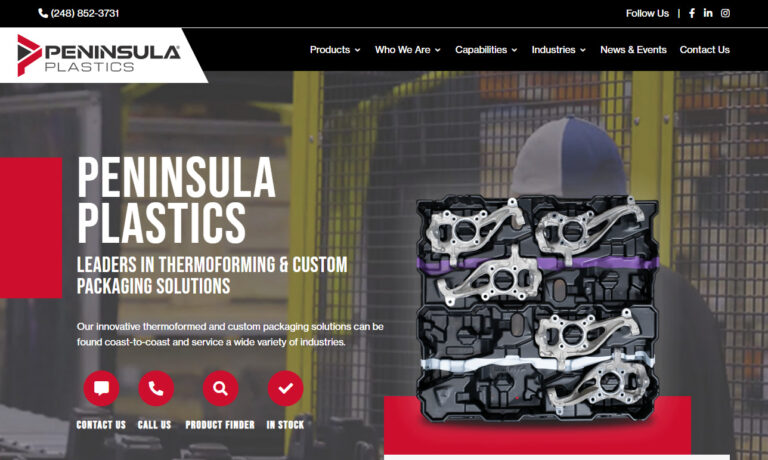
At Craemer US Corporation, we specialize in providing comprehensive solutions for plastic pallets tailored to meet the diverse needs of our clientele. With decades of experience and a commitment to excellence in the plastics industry, we have established ourselves as a trusted leader in plastic pallet manufacturing, renowned for our dedication to quality, innovation, and customer satisfaction....
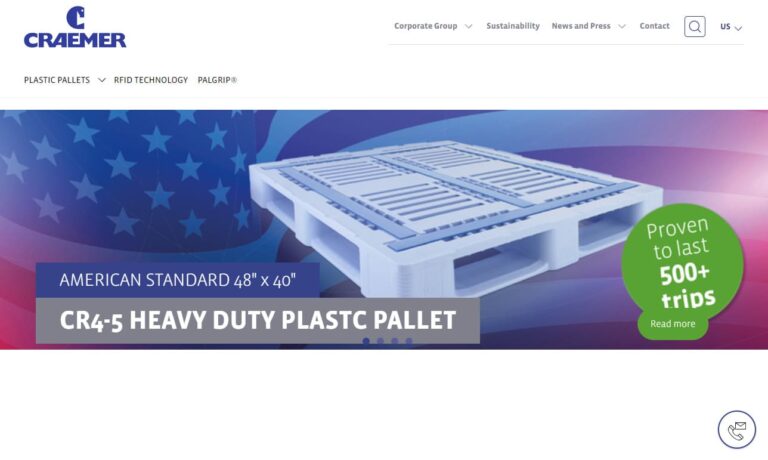
Robinson Industries reduces operational costs and worker injuries through providing superior-quality plastic pallets. We sell pallets in a variety of sizes and styles. Robinson Industries is ready and able to meet diverse industry needs.

Fibertech Plastic pallets are an excellent alternative to wood pallets, offering cost-efficient solutions for strong, durable & washable pallets. Our unique angled leg design helps reduce forklift damage by enabling the fork tines to deflect off the leg rather than breaking or cutting the pallet. An optional lip prevents product slippage & facilitates transportation of stacked, empty pallets.

More Shipping Pallet Manufacturers
Pallets are used to bundle goods for various transportation and freight shipping commodities. They’re crucial because they aid in protecting the cargo. For stacking, transit, and storage, shipping pallets are made to be easily moved using a forklift or pallet jack. Finally, pallet forms that are specifically designed for different sectors have been created to protect products better and simplify transportation.
Types of Plastic Shipment Pallets
Plastic Pallets
Plastic pallets are frequently used to transport fresh, frozen, pharmaceutical, and other goods requiring rigorous hygiene standards. Because they are nonporous and do not absorb moisture, plastic pallets are simple to wash, sanitize, and sterilize. These pallets are renowned for their resistance to microbiological, chemical, and microbial contamination as well as corrosion. Although plastic pallets are sometimes touted as environmentally benign, they are difficult to repair and must be melted down when they are past use. However, they last considerably longer than wood.
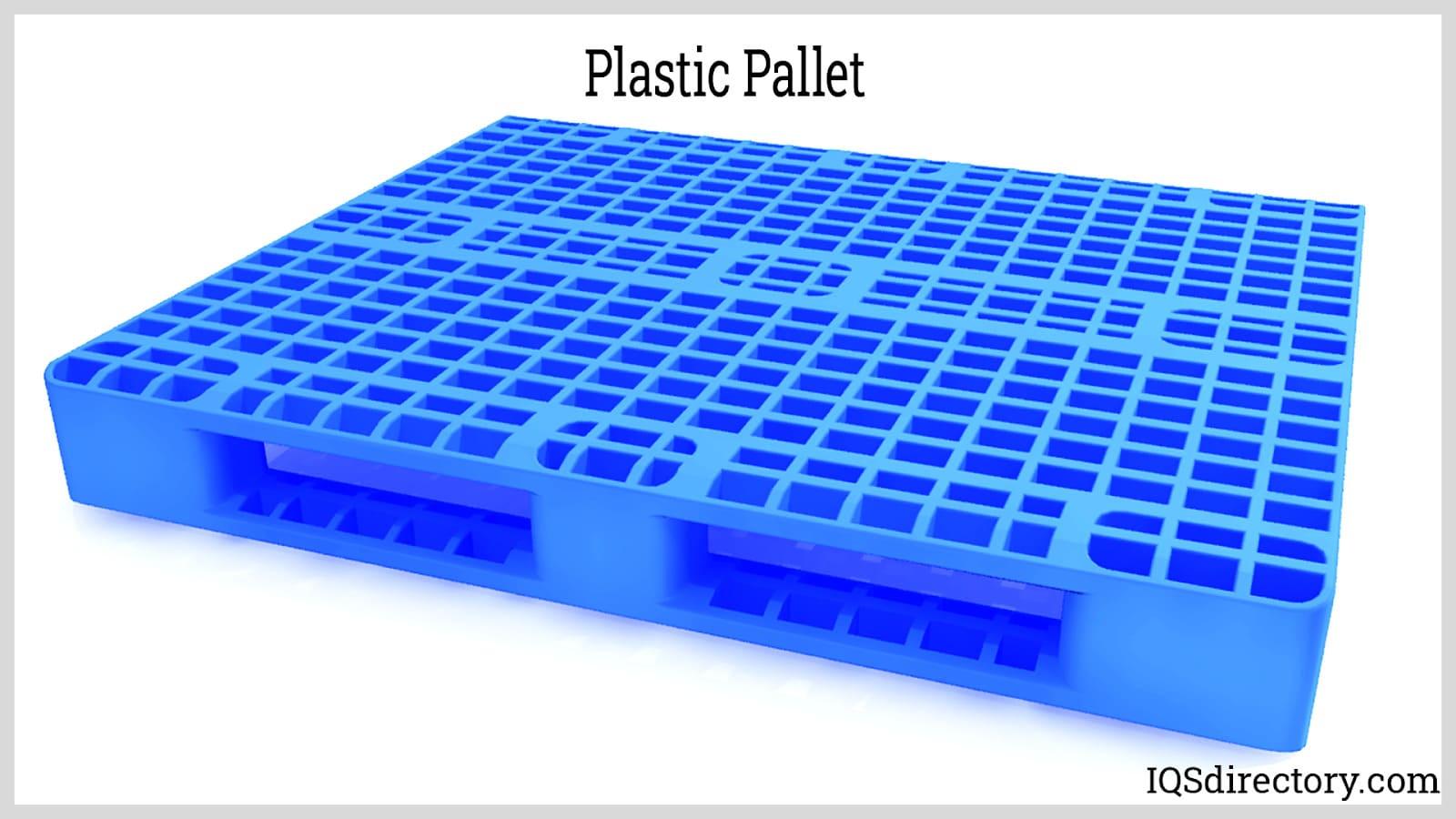
Paper Pallets
Paper pallets were created as a result of the challenges faced by packaging industries in dealing with the issues associated with metal and wood pallets, including cost, weight, safety, adaptability, and disposal. Paper board sheets or reinforced paper are used to make paper pallets, often known as corrugated pallets. Paper pallets are made of runners, cores, and top sheets, and are designed to be incredibly durable and dependable. Since they are constructed without the use of nails, bolts, or staples and never split, they are safer than wood pallets.
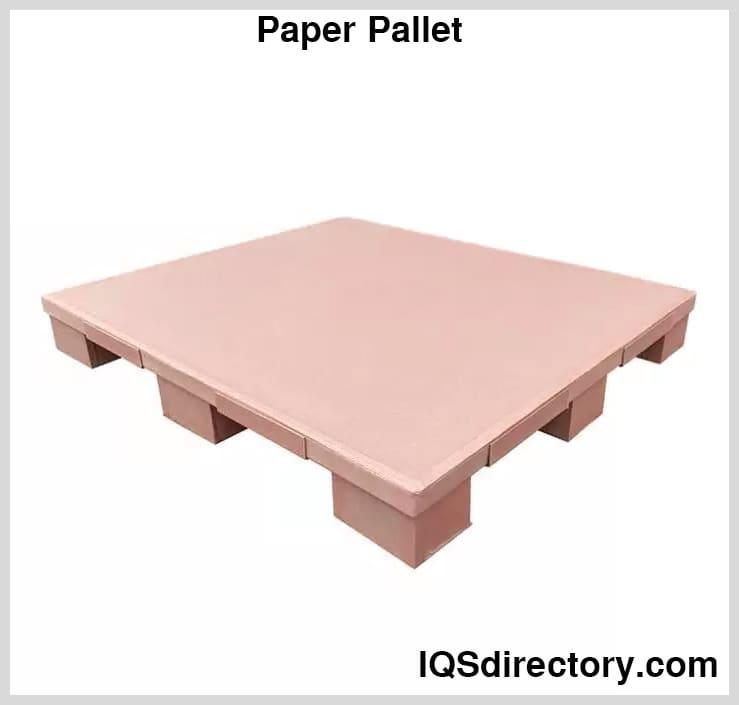
Stackable Industrial Plastic Pallets
Stackable plastic pallerts stackable plastic pallets are well-liked for their ability to save space both during shipment and in the warehouse. Due to the way the bottom section is made, one can stack pallets on top of one another without worrying about them toppling or slipping.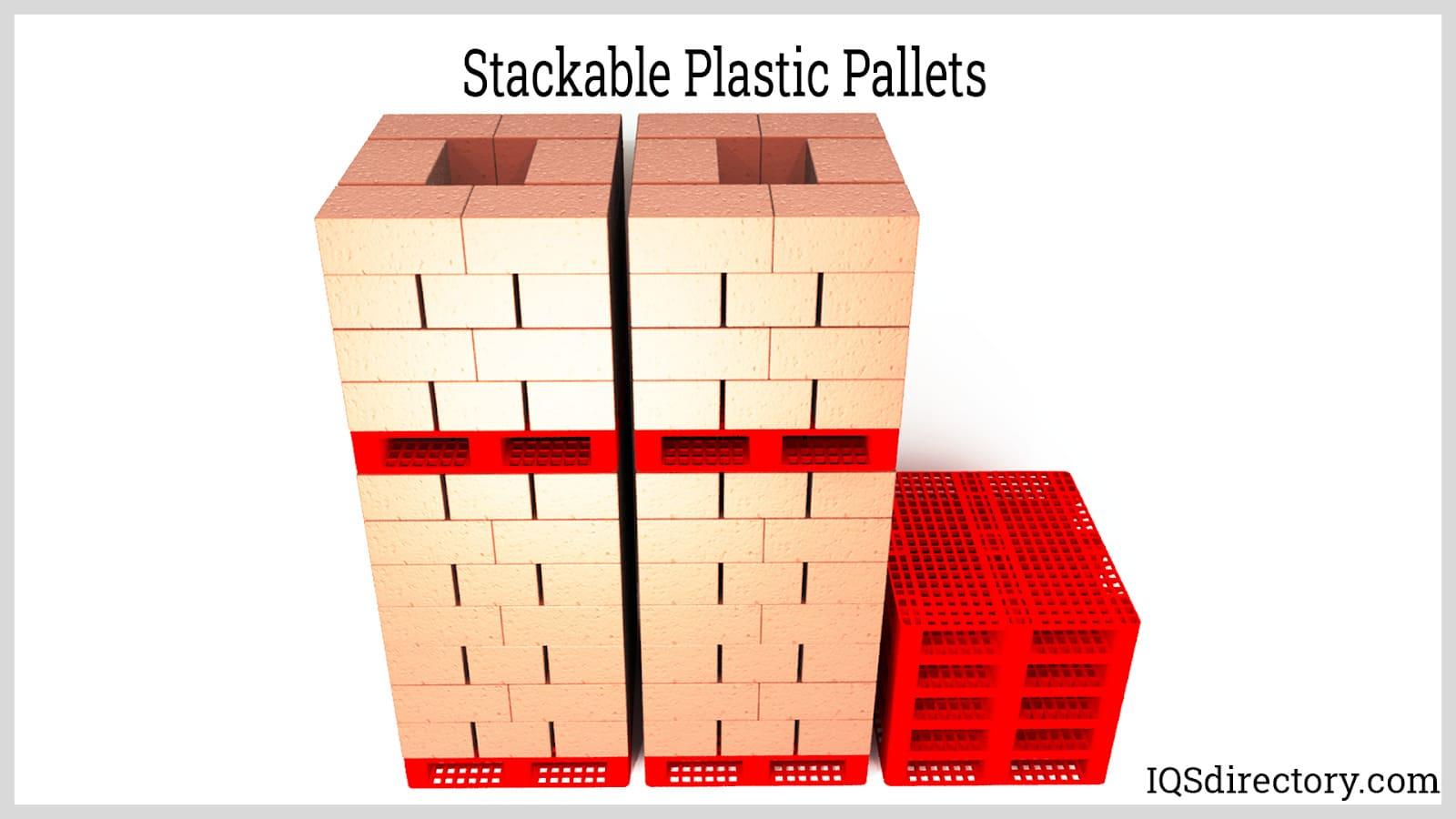
Nestable Industrial Pallets
Nestable plastic pallets are the ideal option if one requires a pallet that can conserve more room during the return trip. These pallets are made to take up only 25% of the space of standard plastic pallet designs. These plastic pallets' legs fit inside of one another. These make it simple and affordable to move plastic pallets, especially on the way back, without having diminished strength. The pallets are sturdy and capable of supporting heavy loads.
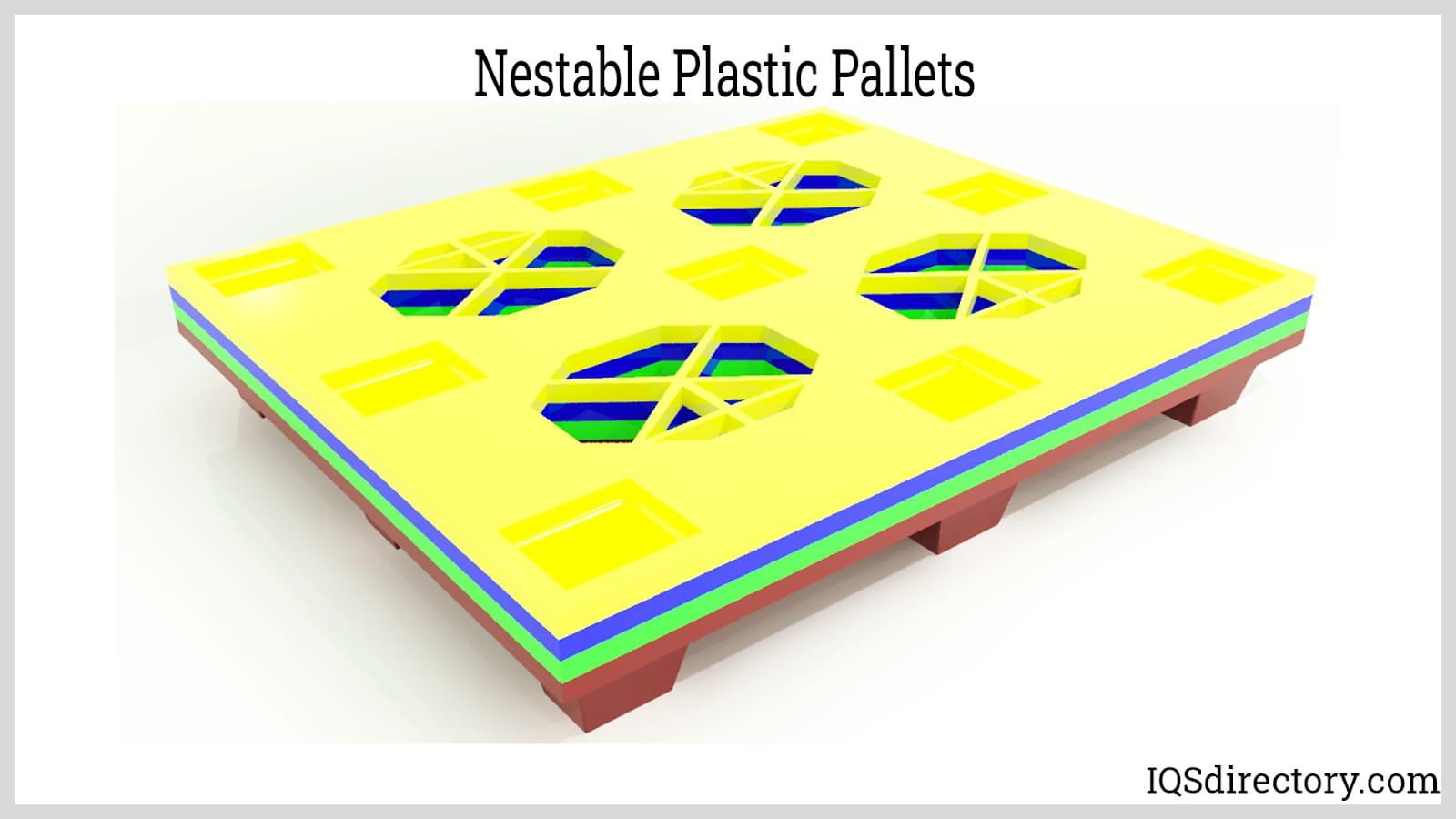
Plastic Racking Pallets
When moving heavy cargo, rackable plastic pallets are a reliable option. For added strength, they may feature runners or picture frames at the bottom. These pallets are made so that their design complements the rack; they can be placed safely on a rack top without falling. This allows users to conserve more floor space using these pallets. However, the load listed on the pallet cannot be exceeded by the rackable load.
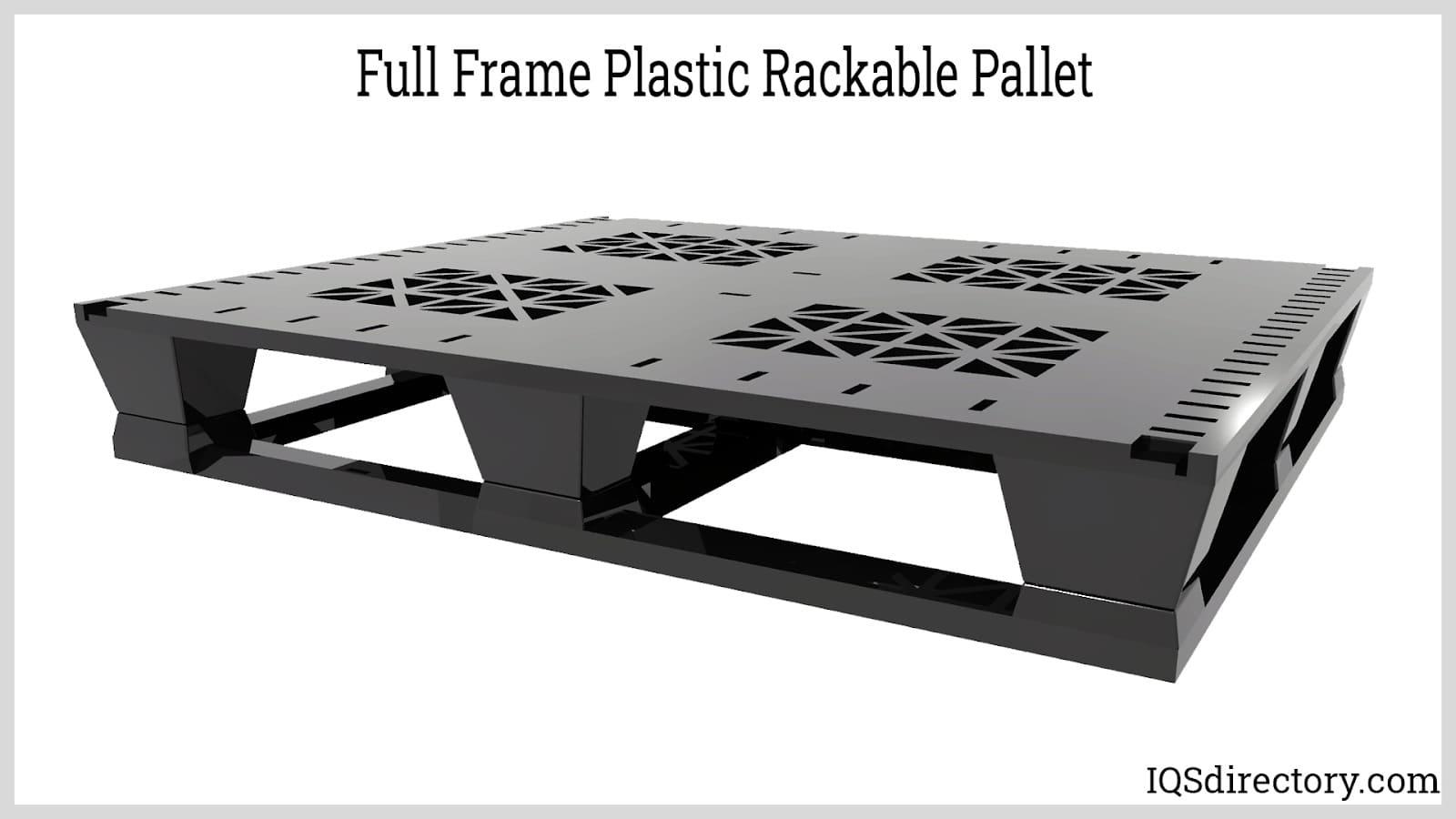
Selecting a Shipping Pallet
- Product type: The objects to be shipped or transported are the most crucial factor to take into account. The type and weight of the goods can influence whether a wooden, plastic, or metal pallet should be used. For instance, plastic pallets are perfect for storing food or drink products.
- Packaging dimensions: The width and height of the packaging, combined with the quantity of goods being sent, will aid in choosing the appropriate pallet size.
- Frequency of use: If a pallet is required for a lone shipment, used or reconditioned pallets may be an option. It is crucial to keep the pallet clean if it needs to be used frequently; the properties of the material should also be considered.
- Shipping destination: If one want to ship their package internationally, they must select a pallet that complies with ISPM 15 requirements. Pallets made of plastic are a good choice in this scenario.
- Transport circumstances: When choosing a pallet's material, consideration must be given to the temperature, storage conditions, and transit environment. Pallets made of wood or paper, for instance, may be prone to dampness.
Benefits of Shipment Pallets
- Shipments that are palletized are more durable than those that are wrapped in cardboard or plastic since the pallets themselves are made of sturdy plastic, wood, or metal. Weaker goods can be shipped without worrying that the pallet would shatter because of this improvement in strength.
- Pallets' physical strength makes them a great upgrade for the transportation of goods like fresh produce; they provide drainage and circulation that regular shipping containers don't, preventing them from spoiling. Pallets also keep goods clear of dirt, debris, and water damage because they are up and off the ground.
- Pallets are incredibly sturdy despite being lightweight. Additionally, they occupy much less floor space than regular shipping containers because they have a uniform shape and can be stacked. The smallest pallets, which can be handled by one person and add very little weight to the cargo being transported, are composed of wood or plastic.
- Pallets can be reused often before needing to be recycled or mended, especially those made of plastic or metal. Regardless of the material they are composed of, they can be recycled once they have been used past the point of repair. Pallets made of plastic and metal can be melted down, recast, or sold as scrap, giving them a new purpose. Wooden pallets can be reused, recycled, or sold to outside customers for use as firewood, mulch, or compost. They can also be disassembled and utilized in other construction projects. Customers also favor pallets for their portability, strength, and simplicity of purchasing and delivery.
Choosing the Right Shipping Pallet Manufacturer
To ensure you have the most constructive outcome when purchasing shipping pallets from a shipping pallet manufacturer, it is important to compare several companies using our directory of shipping pallet manufacturers. Each shipping pallet manufacturer has a business profile page highlighting their areas of experience and capabilities, along with a contact form to directly communicate with the manufacturer for more information or request a quote. Review each shipping pallet business website using our proprietary website previewer to quickly learn what each company specializes in. Then, use our simple RFQ form to contact multiple shipping pallet companies with the same form.

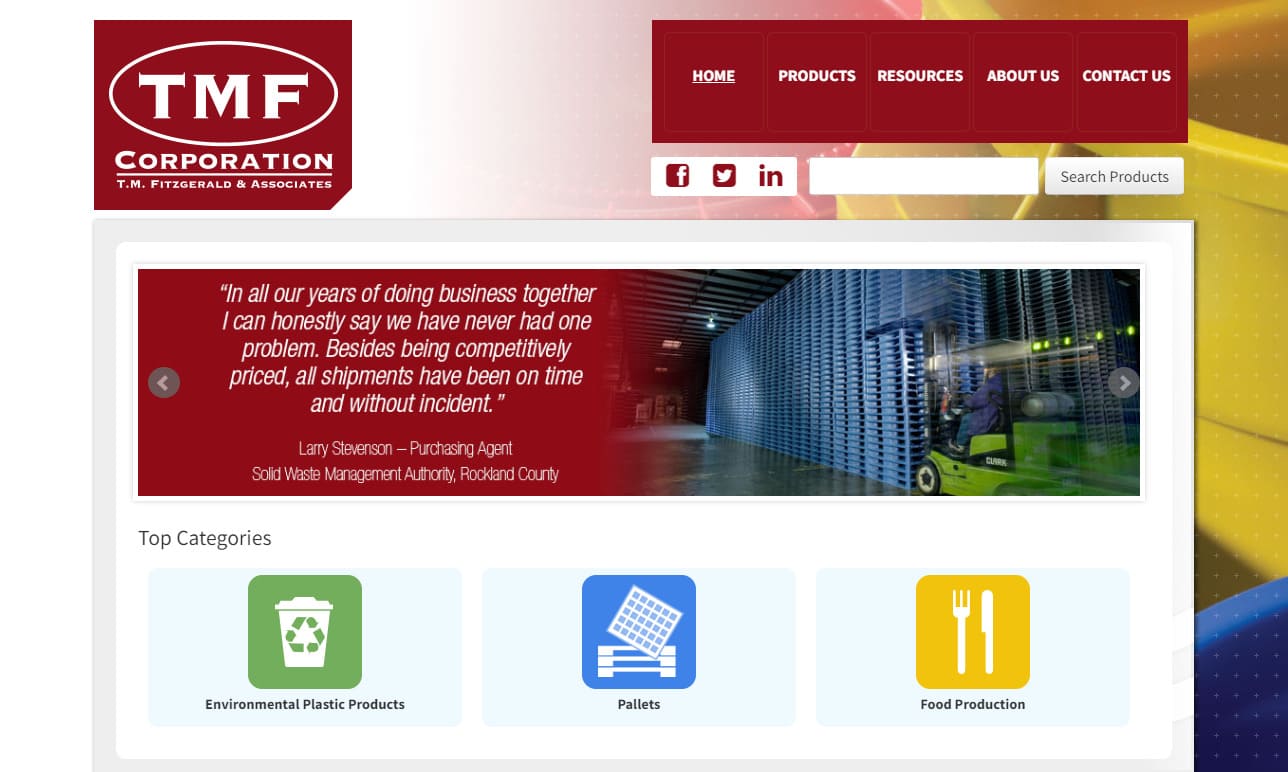
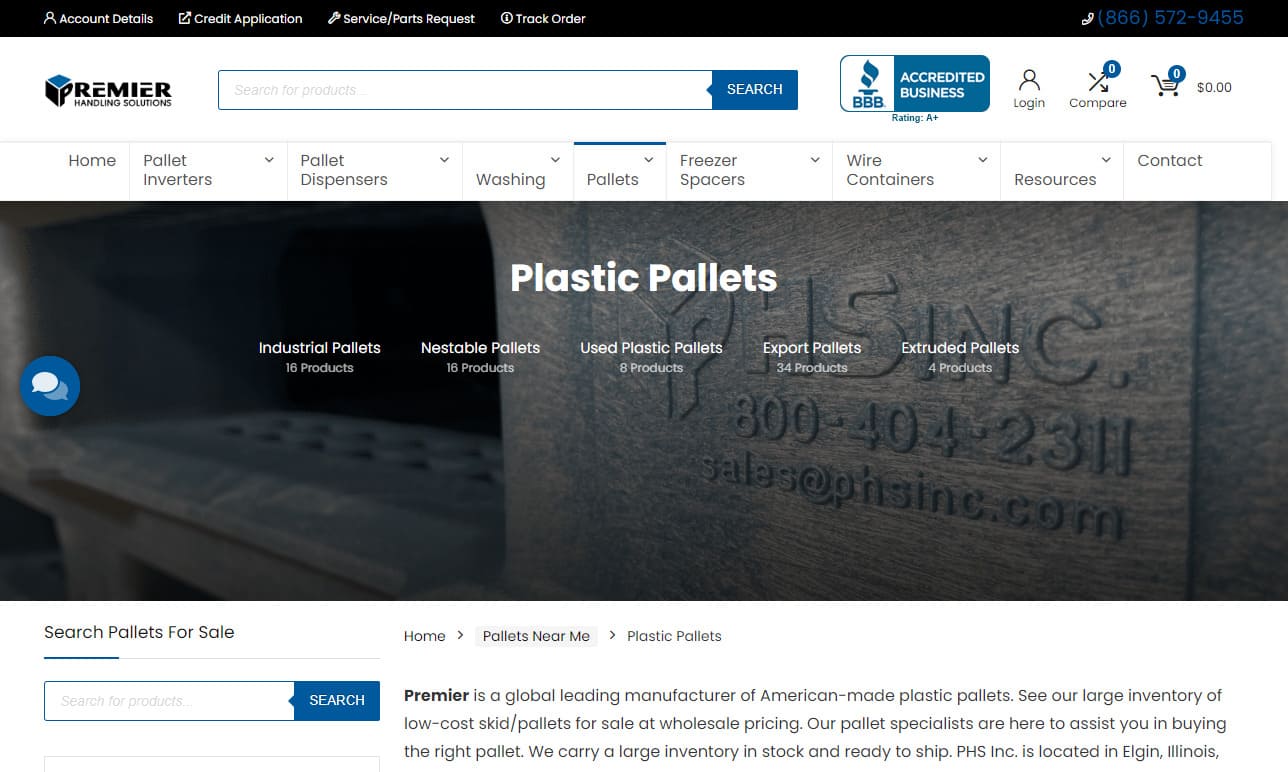
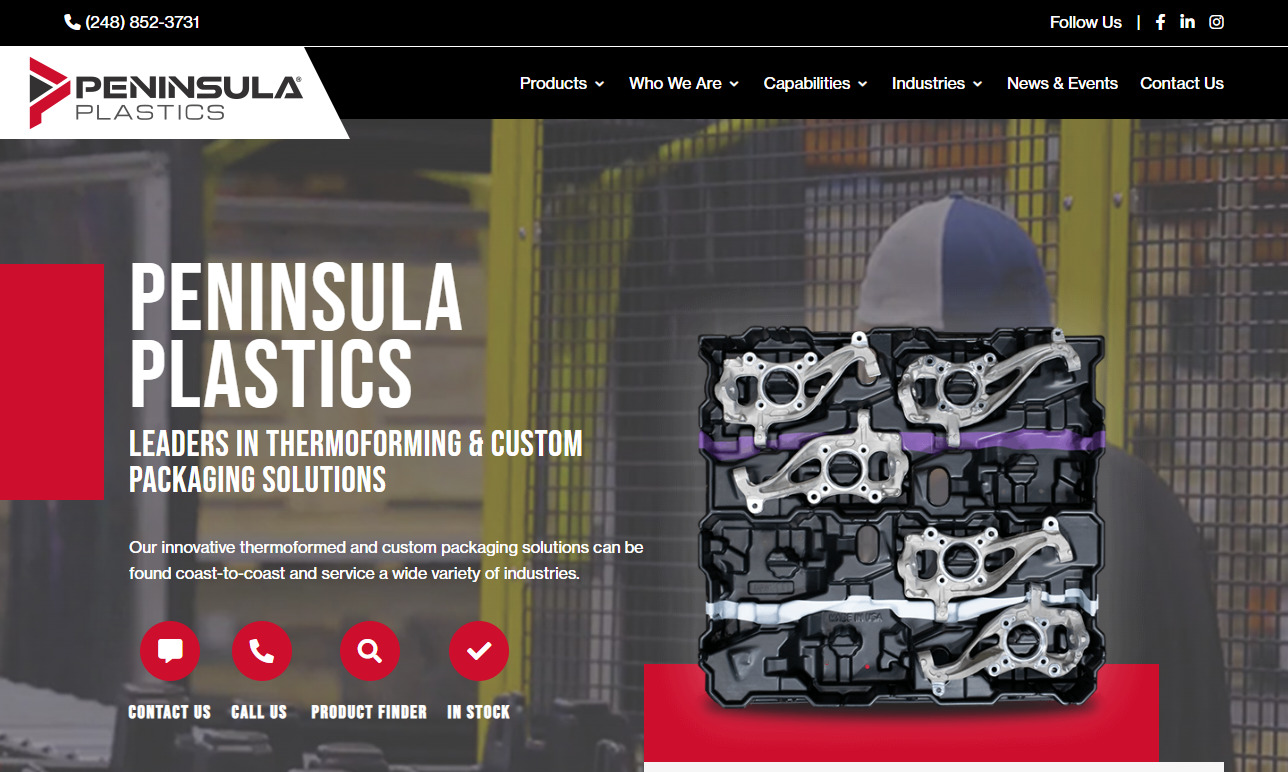
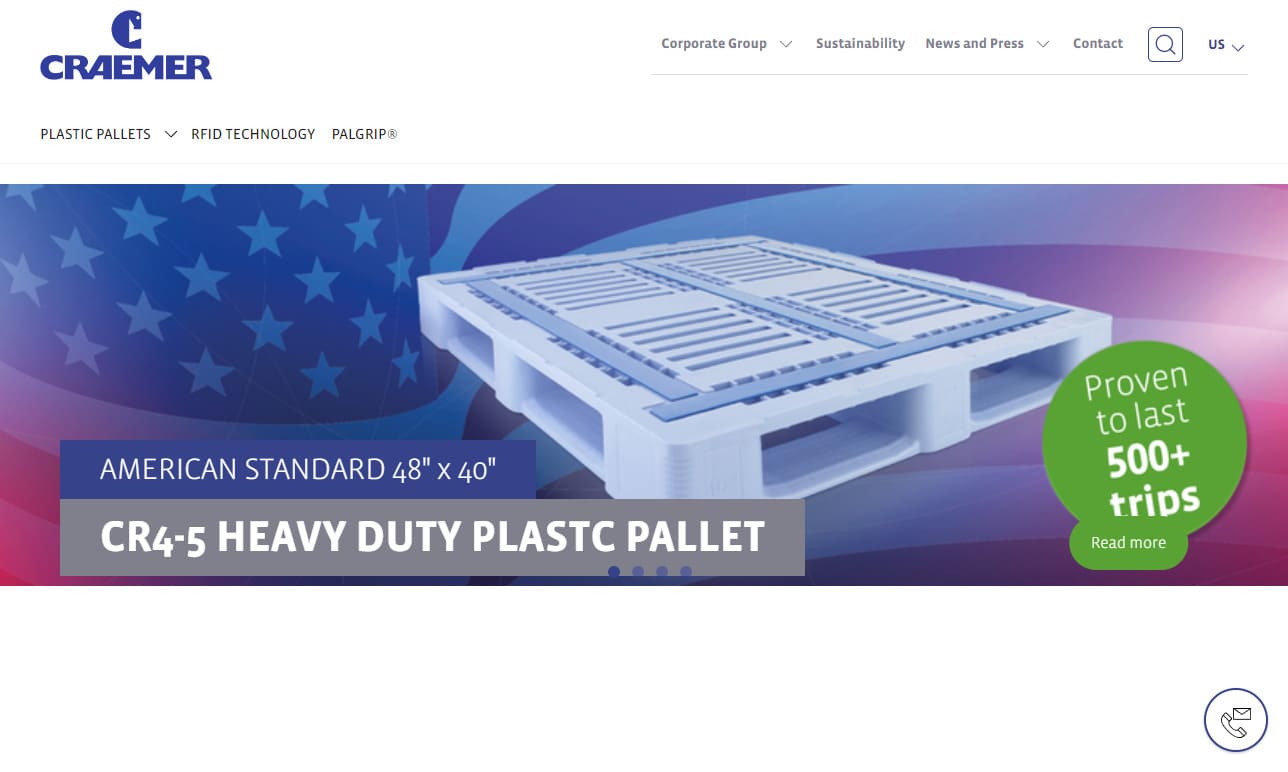



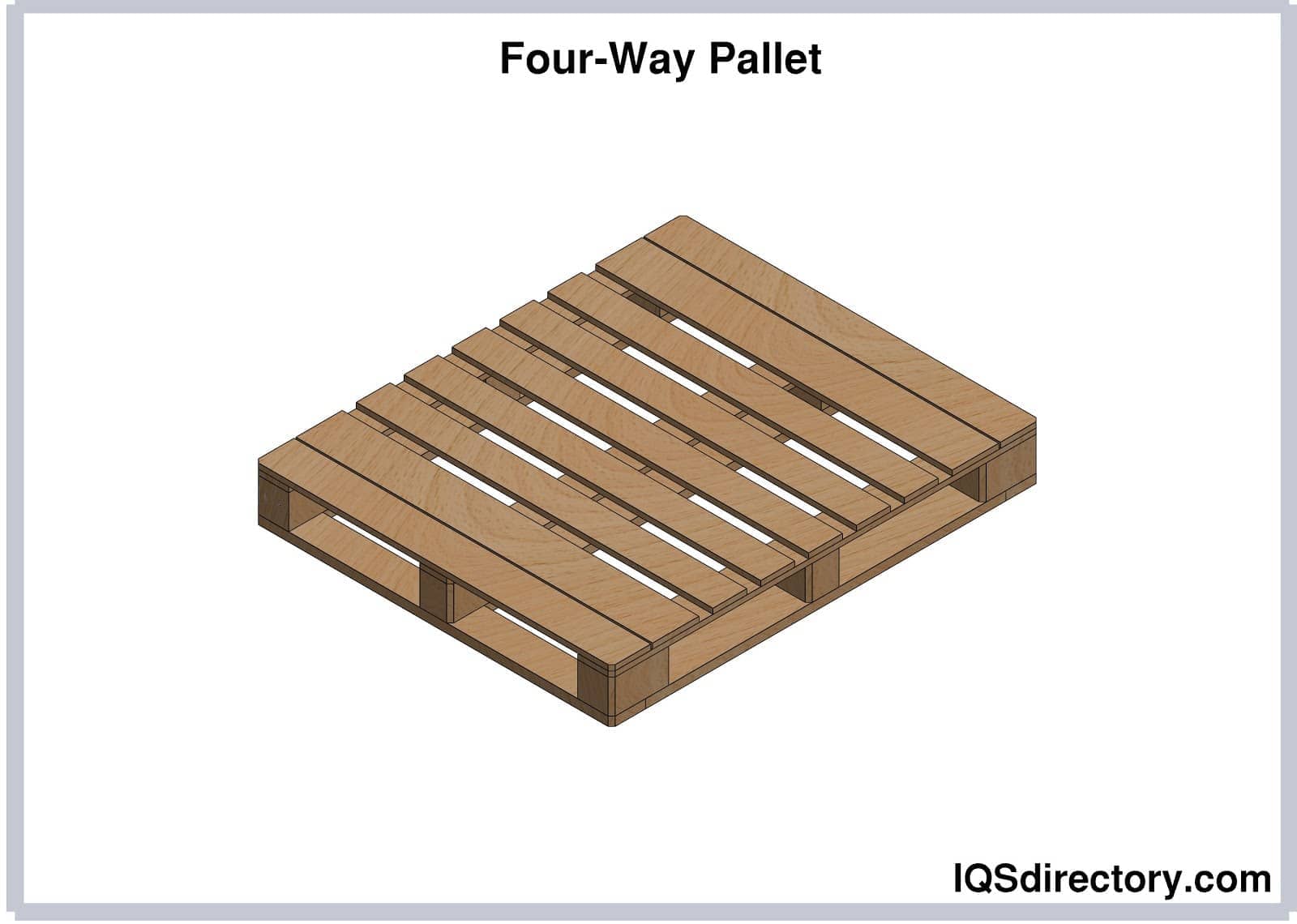
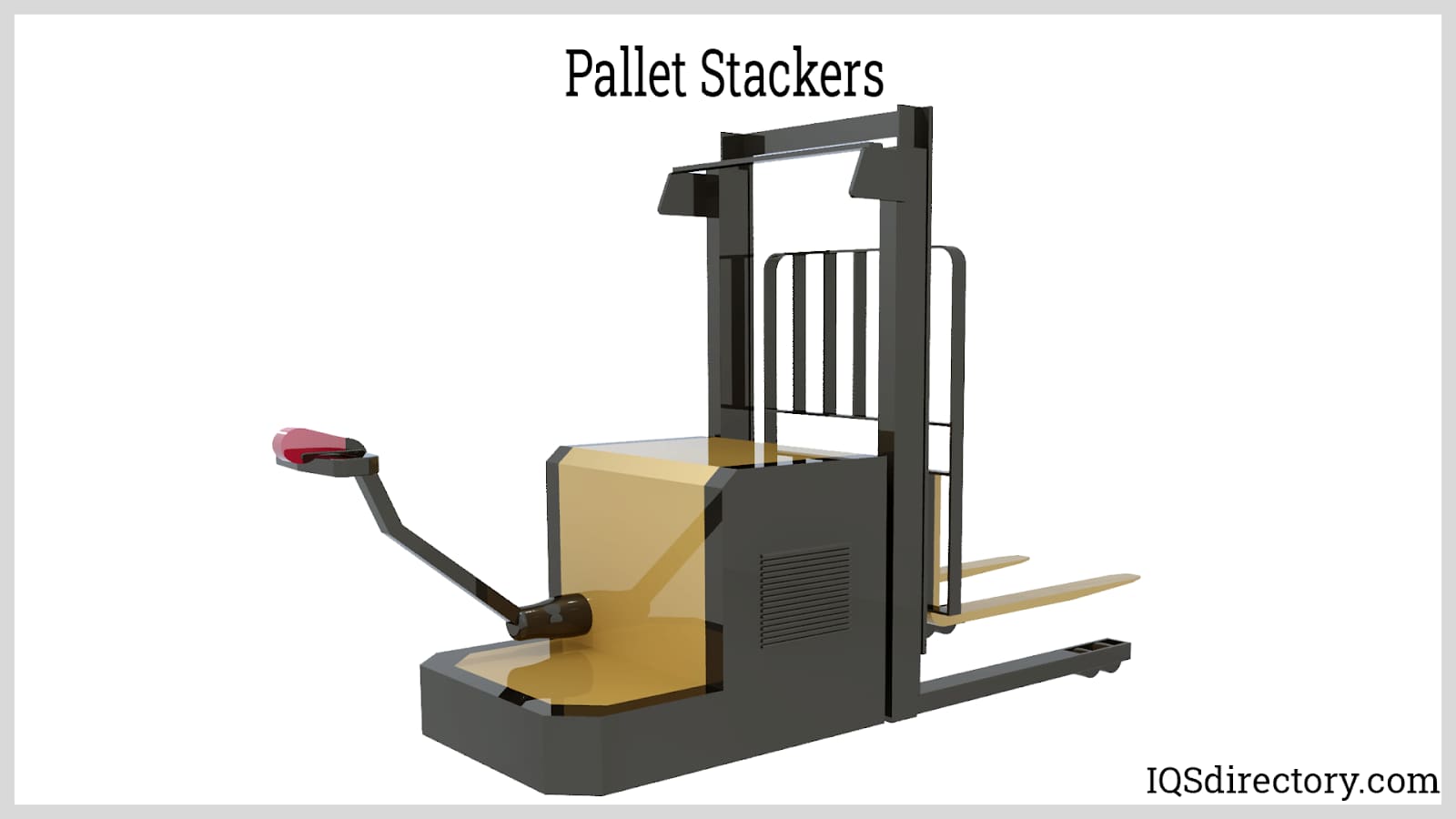
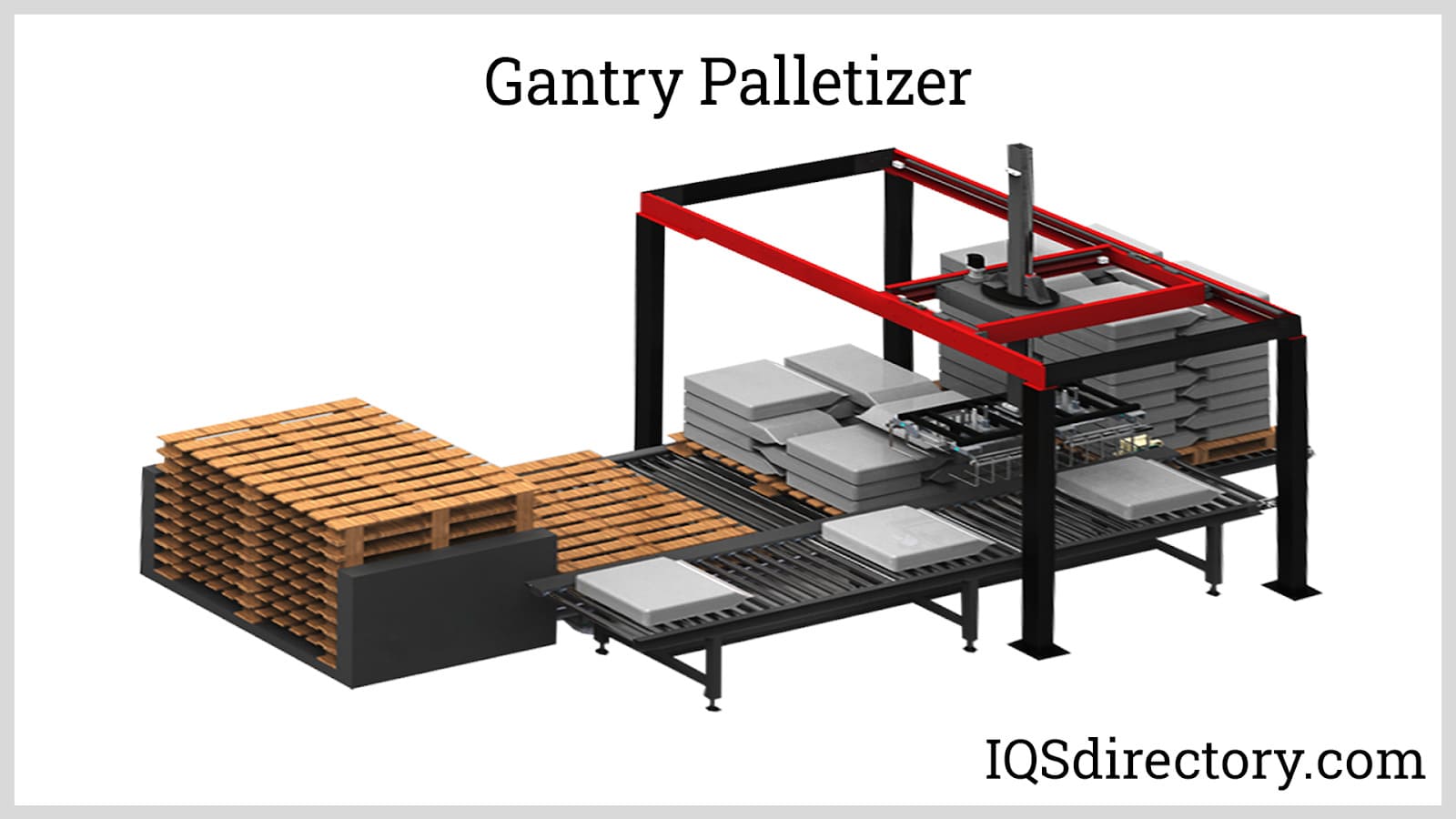
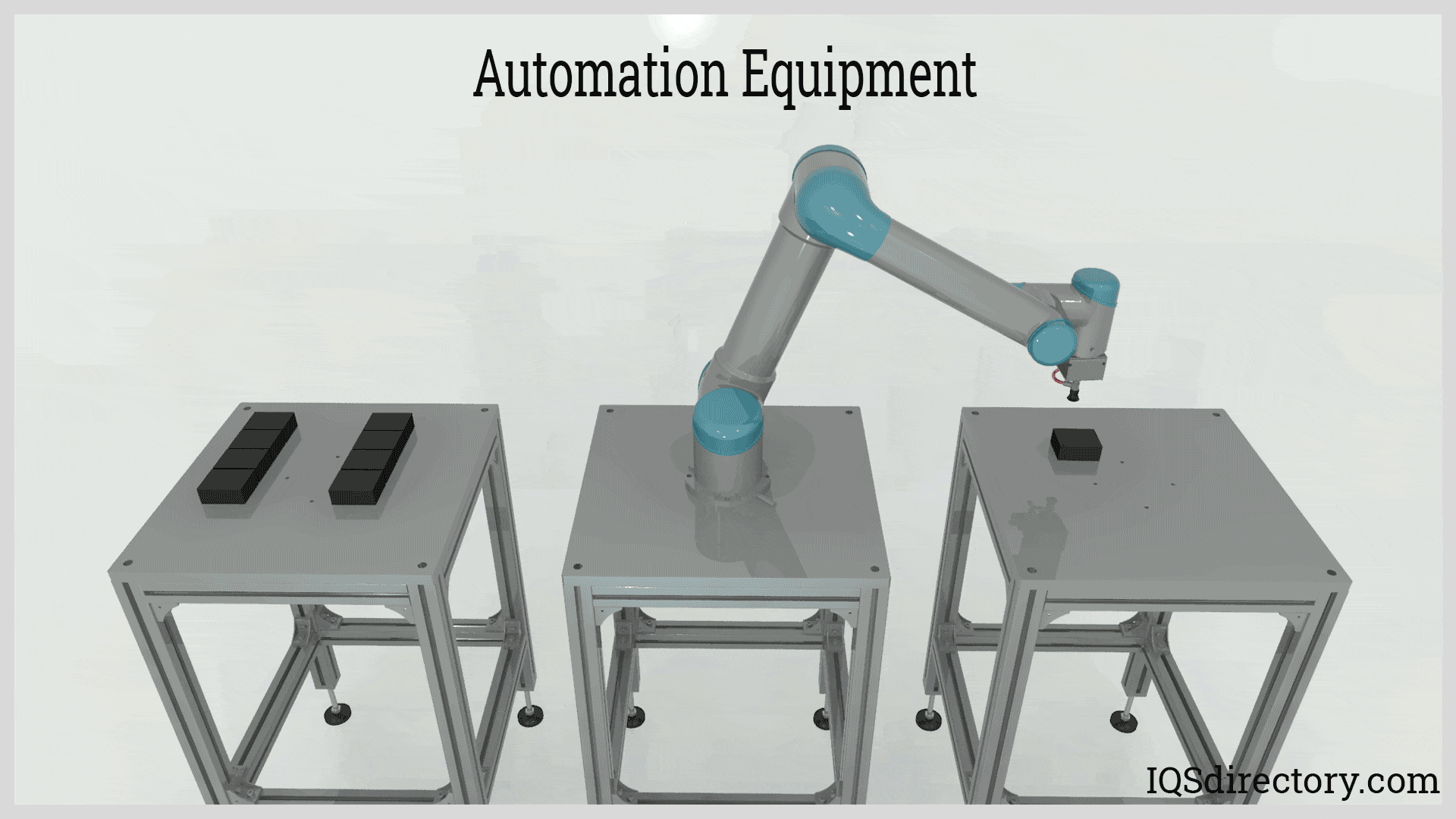
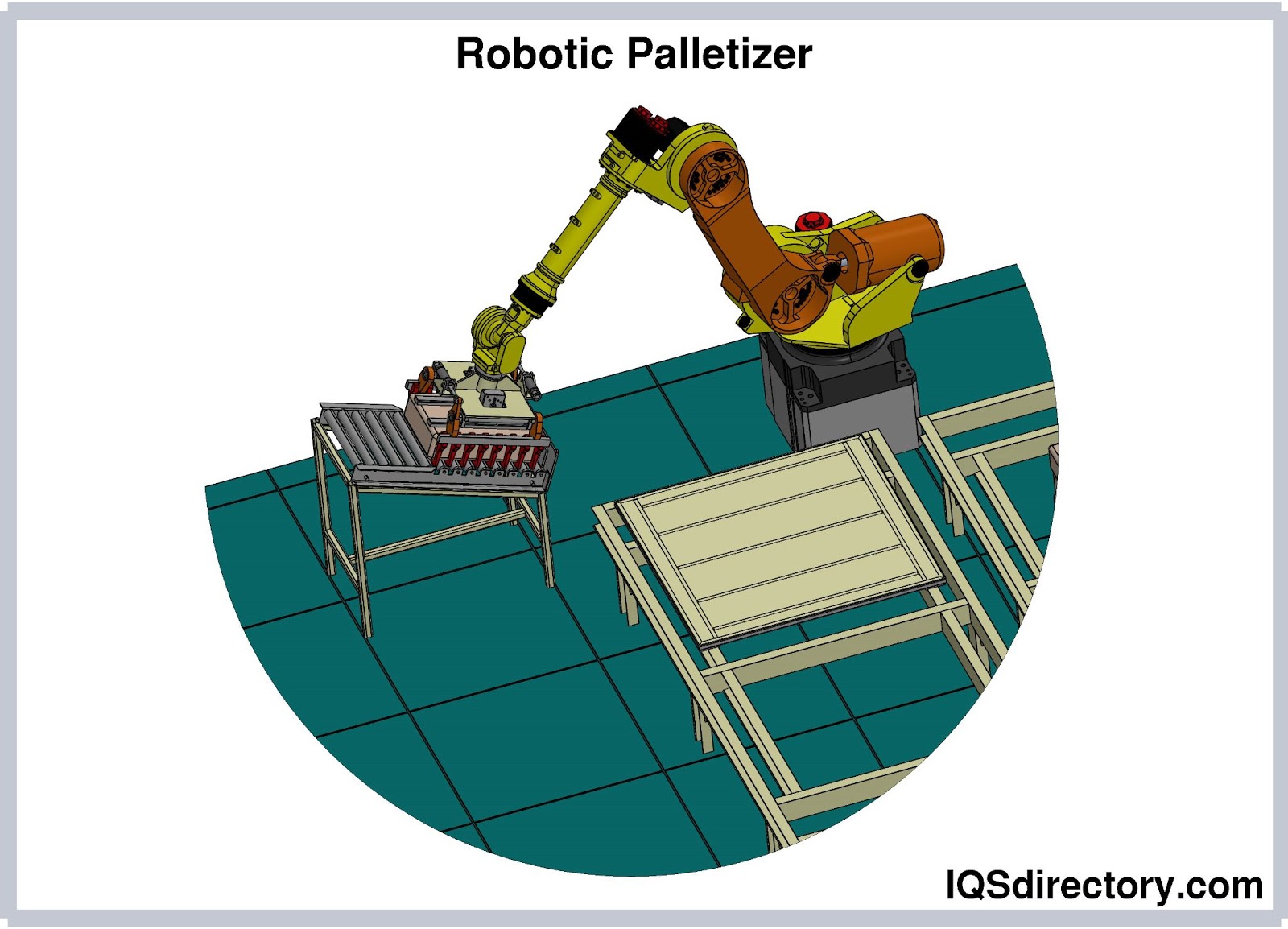
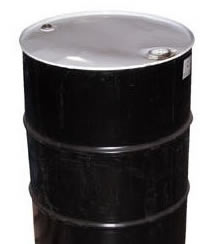 55 Gallon Drums
55 Gallon Drums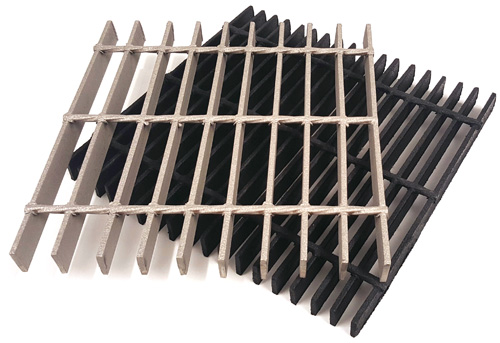 Floor Gratings
Floor Gratings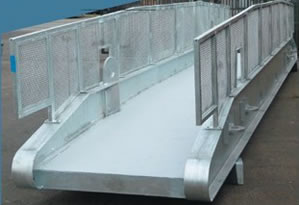 Mezzanines
Mezzanines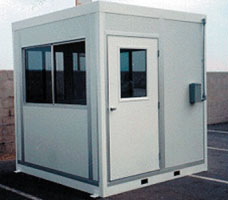 Modular Buildings
Modular Buildings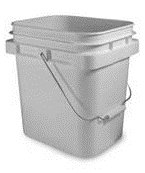 Plastic Containers
Plastic Containers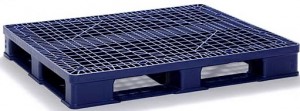 Plastic Pallets
Plastic Pallets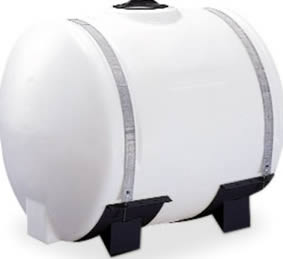 Plastic Tanks
Plastic Tanks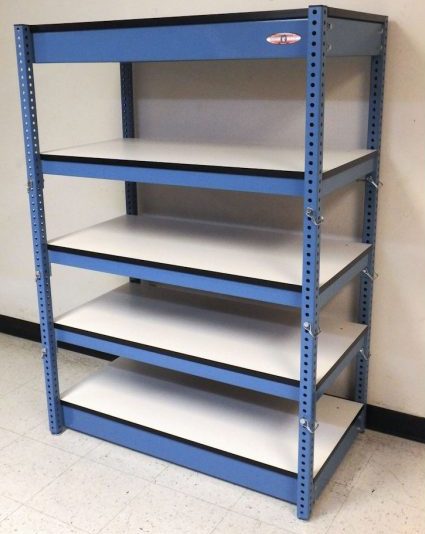 Steel Shelving
Steel Shelving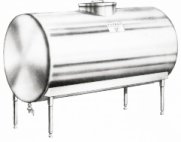 Stainless Steel Tanks
Stainless Steel Tanks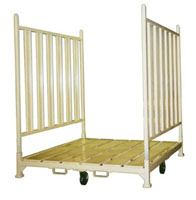 Storage Racks
Storage Racks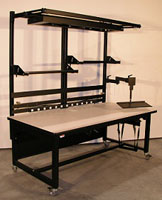 Work Benches
Work Benches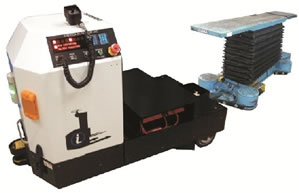 AGV
AGV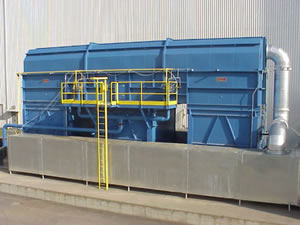 Air Pollution Control
Air Pollution Control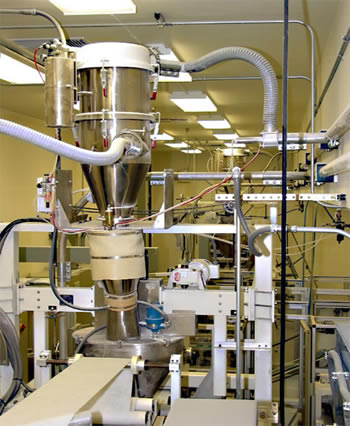 Assembly Machinery
Assembly Machinery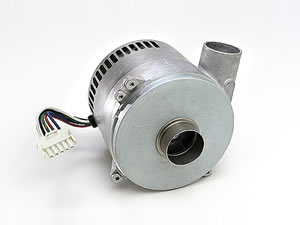 Blowers
Blowers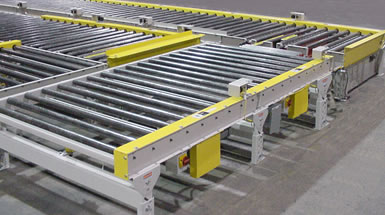 Conveyors
Conveyors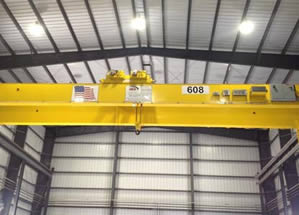 Cranes
Cranes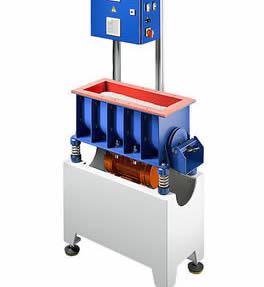 Deburring Machinery
Deburring Machinery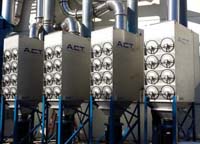 Dust Collectors
Dust Collectors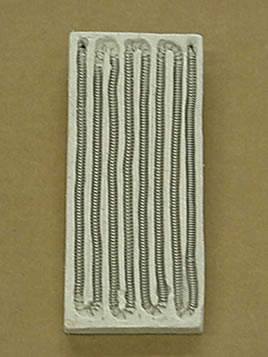 Heaters
Heaters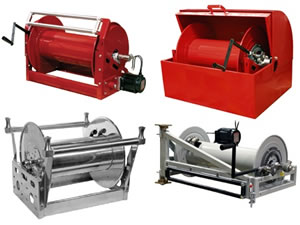 Hose Reels
Hose Reels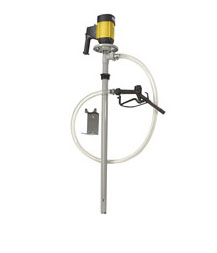 Lubricators
Lubricators Mezzanines
Mezzanines Modular Buildings
Modular Buildings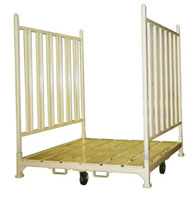 Storage Racks
Storage Racks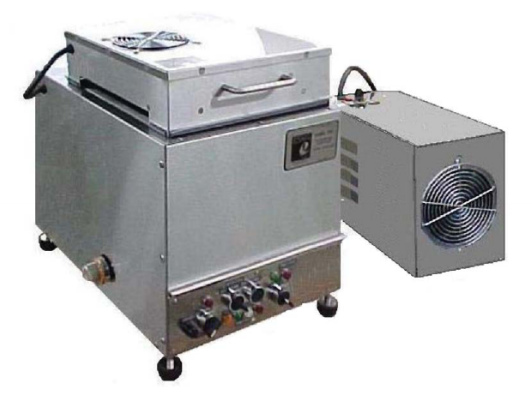 Ultrasonic Cleaners
Ultrasonic Cleaners Work Benches
Work Benches